Former Chief Justice, Justice PN Bhagwati dies at 95
Fri 16 Jun 2017, 10:05:20
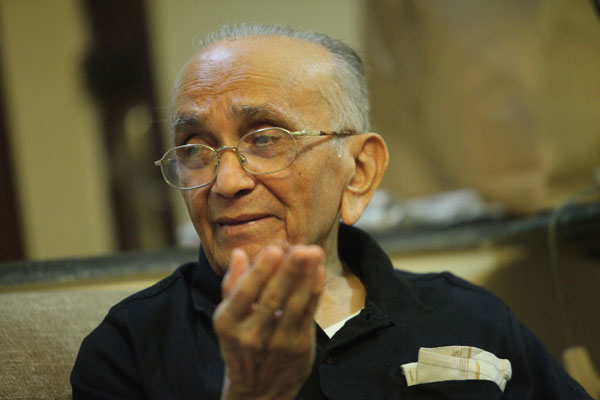
New Delhi: Former Chief Justice of India P.N. Bhagwati, considered a pioneer of judicial activism in the country for introducing the concept of PILs, died here on Thursday after brief illness, family sources said.
Bhagwati, 95, is survived by his wife Prabhavati Bhagwati and three daughters. The funeral will be held on June 17, they said. The 17th Chief Justice of India, Bhagwati remained on the highest judicial post between July 1985 and December 1986.
He was a former Chief Justice of the Gujarat High Court and was appointed a judge of the Supreme Court in July 1973.
As a Supreme Court judge, Bhagwati introduced the concepts of public interest litigation (PIL) and absolute liability to the Indian judicial system.
As a champion of PILs, he had ruled there was no need for a person to have any locus standi (the right or
capacity to bring an action or to appear in a court) to knock the doors of a court on the issue of fundamental rights.
capacity to bring an action or to appear in a court) to knock the doors of a court on the issue of fundamental rights.
He was also instrumental in furthering the cause of prisoners when he ruled that they too enjoyed fundamental rights.
One of the important judgements pronounced by him was in the Maneka Gandhi passport impounding case in 1978 in which he said the concept of right to life, and ruled that a person's movement cannot be restricted.
He was the lone dissenting judge in the Minerva Mill case who upheld the 42nd Constitution amendment during Emergency. It was struck down by a majority verdict.
In the Minerva Mills case, the SC provided clarifications on the interpretation of the basic structure doctrine. The court had ruled that the power of Parliament to amend the Constitution is limited by the Constitution.
No Comments For This Post, Be first to write a Comment.
Most viewed from National
Most viewed from World
AIMIM News
Latest Urdu News
Most Viewed
May 26, 2020
Which Cricket team will win the IPL 2025 trophy?
Latest Videos View All
Like Us
Home
About Us
Advertise With Us
All Polls
Epaper Archives
Privacy Policy
Contact Us
Download Etemaad App
© 2025 Etemaad Daily News, All Rights Reserved.

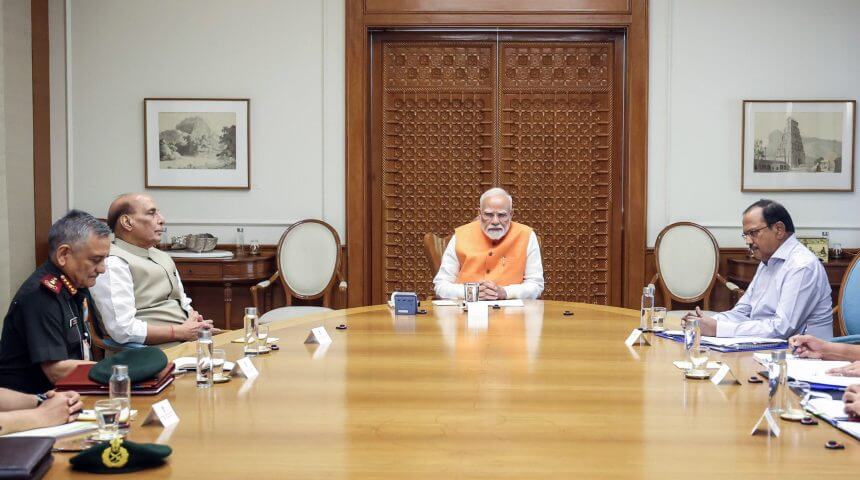

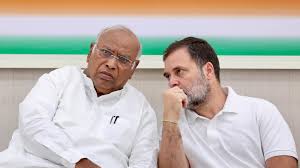
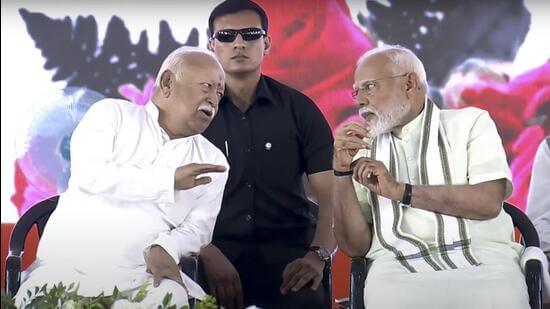
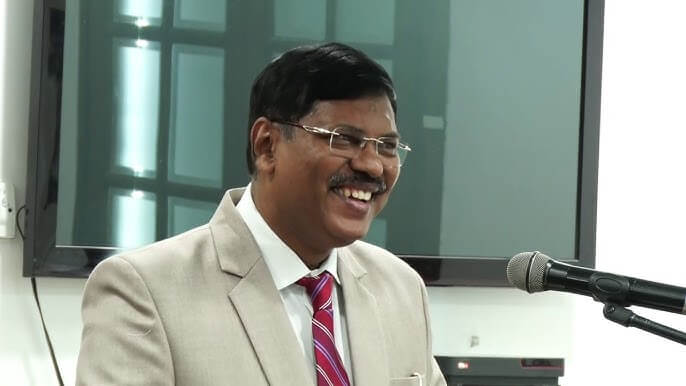
.jpg)
.jpg)
.jpg)
.jpg)

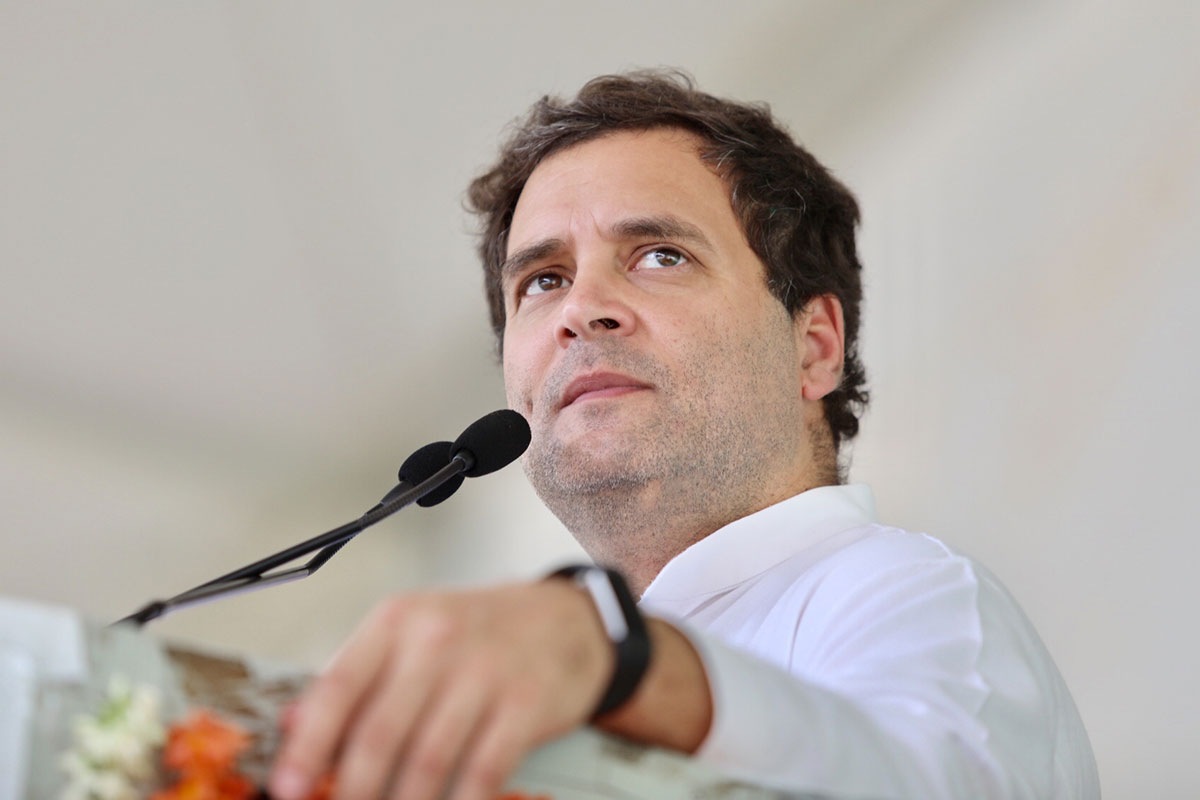


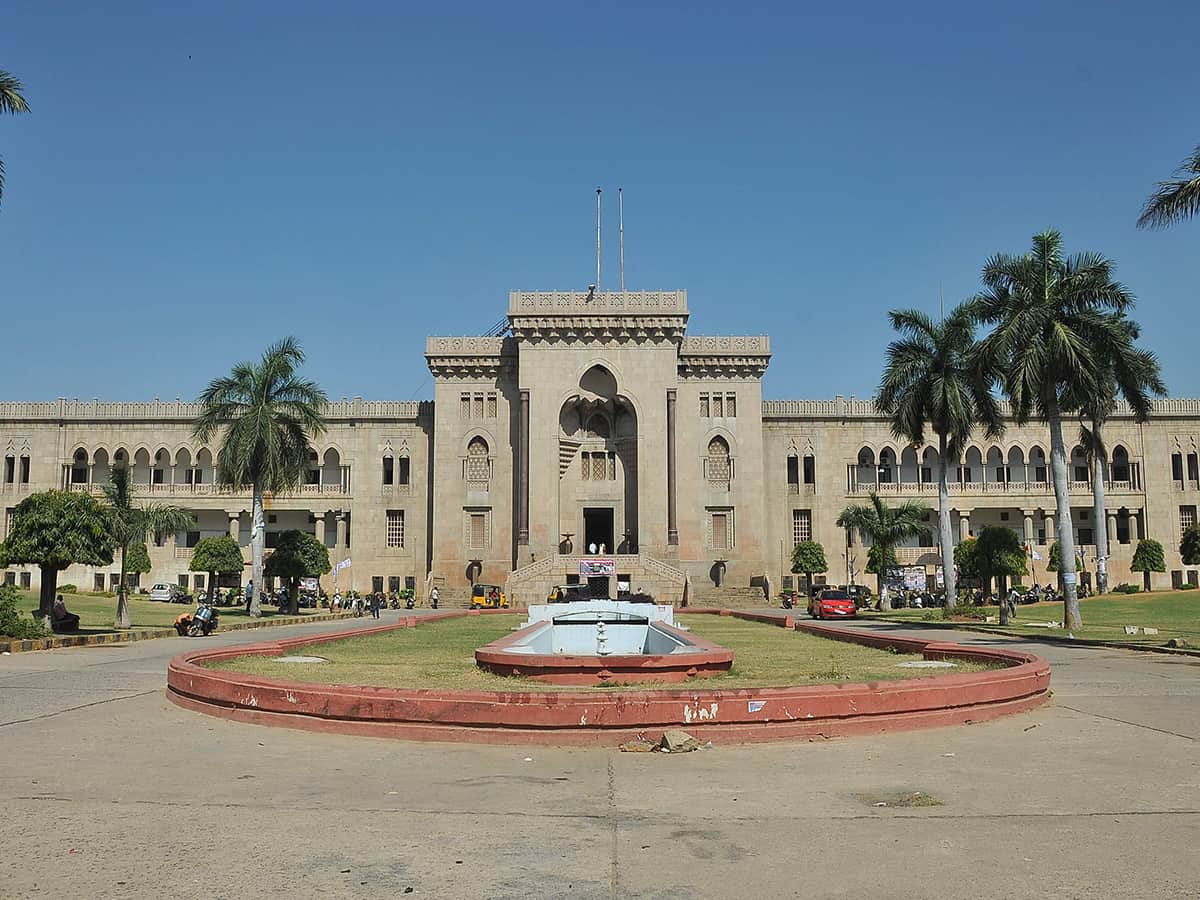

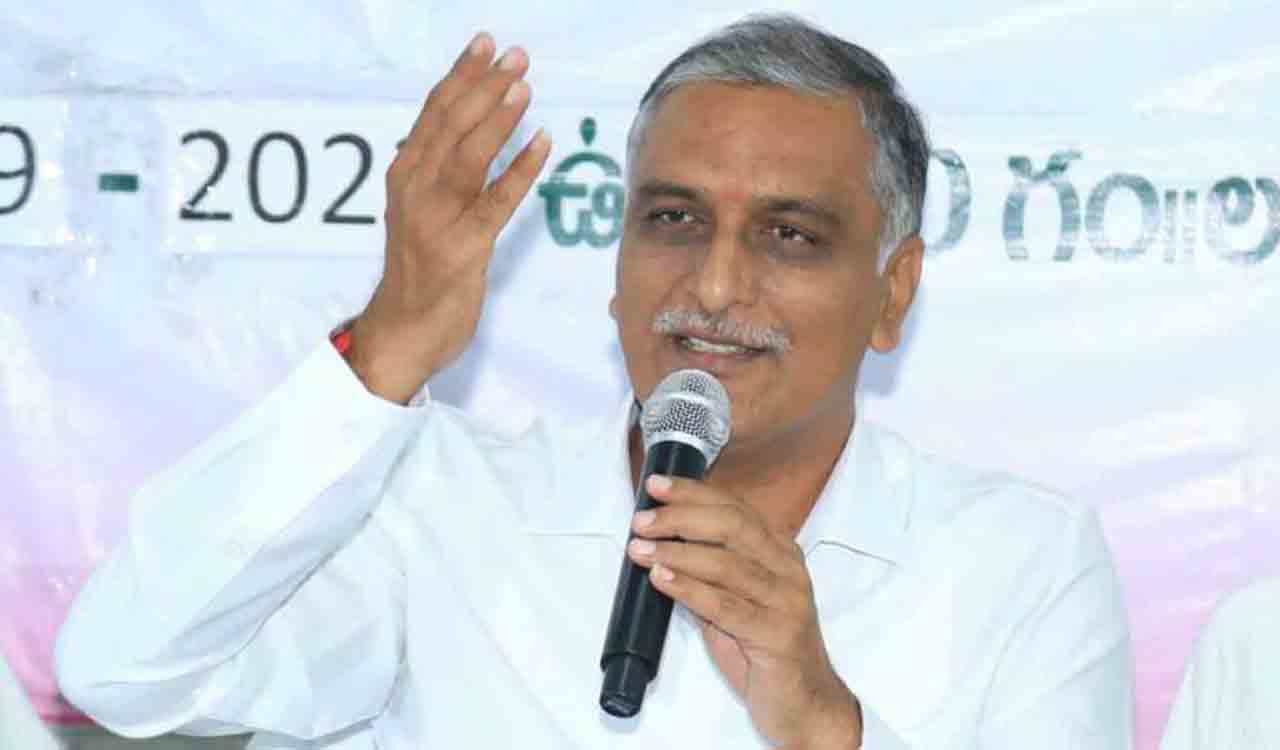


.jpg)
.jpg)
.jpg)
.jpg)
.jpg)

















